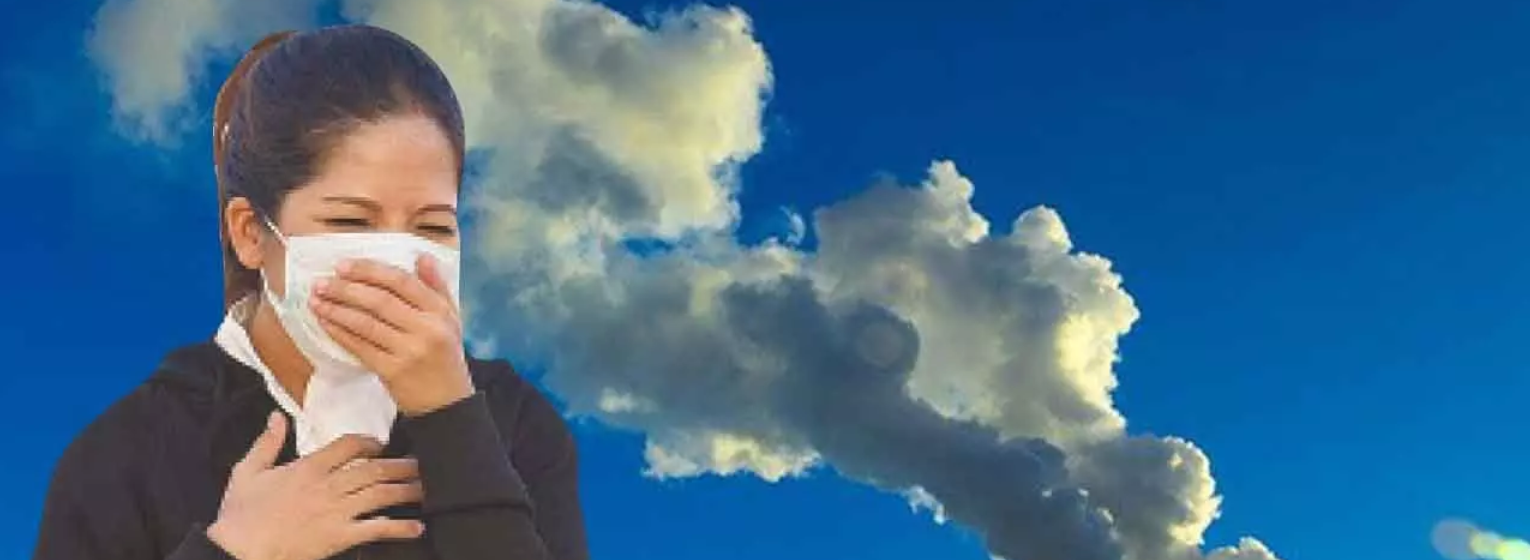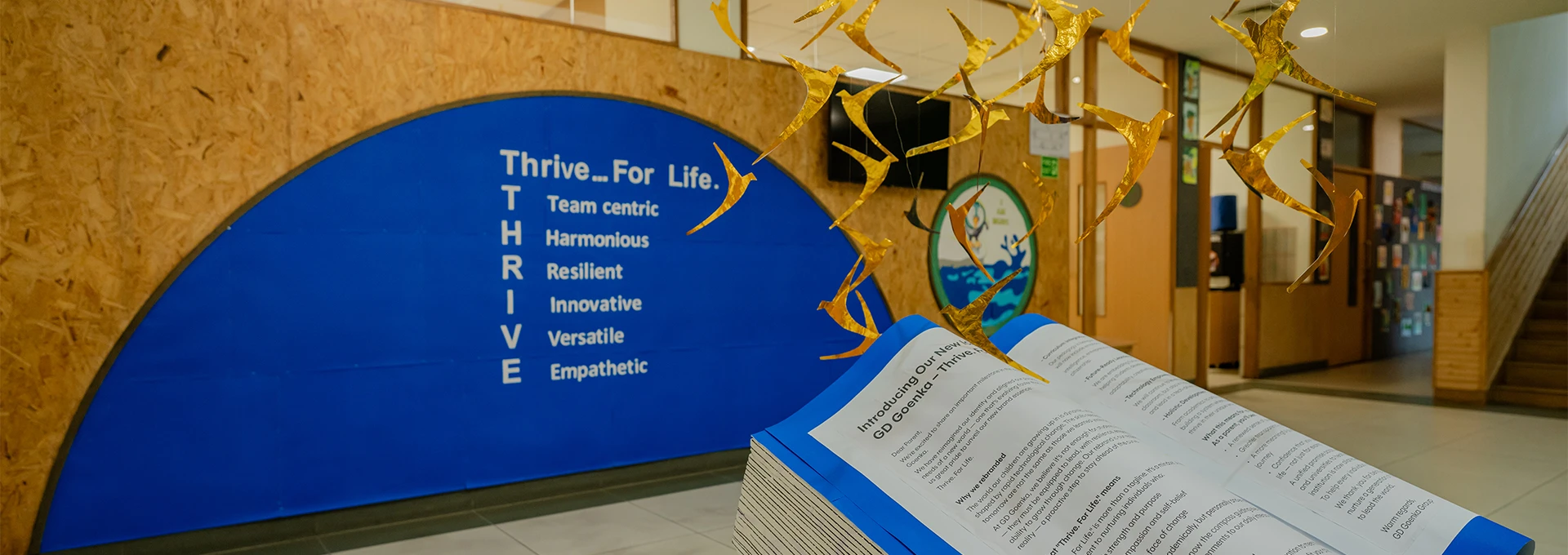12.Nov.24
Published by: The Hans IndiaHidden impact of air pollution on student health, cognition

Air pollution is a deterrent to the balanced growth and development of children. Pollution disrupts cognitive function in children by limiting oxygen supply to the brain. Pollutants that limit oxygen intake, like carbon monoxide, can impair concentration and focus, leaving students fatigued and prone to distraction. Studies have linked excessive exposure to pollution to lower IQ scores and impaired neurological development. These cognitive setbacks stem from a variety of symptoms induced by pollution, including headaches, eye irritation, and respiratory difficulties, all of which interrupt their ability to learn and actively involve themselves in classroom discussions.
In today’s world, fresh air has become a luxury for children growing up in metropolitan cities.The hidden and detrimental effects of industrialization and air pollution so caused, on students’ health and cognitive abilities are deeply concerning, especially for Gen Z and Gen Alpha living in metropolitan areas.
Unlike adults, children’s immune and respiratory systems are still developing, making them more susceptible to these harmful environmental factors. By default, children are exposed to the damaging effects of pollutants like carbon monoxide, sulfur dioxide, nitrogen oxides, and particulate matter, which brings with it an array of health and developmental challenges.
Research indicates that children in high-pollution environments suffer from respiratory ailments more frequently, leading to higher rates of absenteeism as they struggle with conditions such as chronic bronchitis, frequent coughing, and eye irritation. In addition to respiratory issues, air pollution is linked to a higher risk of cardiovascular problems. Long-term exposure to air pollutants such as fine particulate matter (PM2.5) is associated with inflammation, which can damage the cardiovascular system even from an early age. Furthermore, pollutants can increase the risk of developing chronic long-term diseases among students at an early age.
Air pollution is a deterrent to the balanced growth and development of children. Pollution disrupts cognitive function in children by limiting oxygen supply to the brain. Pollutants that limit oxygen intake, like carbon monoxide, can impair concentration and focus, leaving students fatigued and prone to distraction. Studies have linked excessive exposure to pollution to lower IQ scores and impaired neurological development. These cognitive setbacks stem from a variety of symptoms induced by pollution, including headaches, eye irritation, and respiratory difficulties, all of which interrupt their ability to learn and actively involve themselves in classroom discussions.
Children breathe in more air relative to their body weight than adults, which exposes them to higher levels of toxins and dust particles. With repeated exposure, these pollutants accumulate in the lungs and other tissues, contributing to developmental issues and even carcinogenic risks later in life.
It becomes, imperative to raise awareness about air pollution and its harmful impacts with their parents and the community. Schools can improve air quality by incorporating air purifiers, planting trees, and maintaining green spaces that act as natural filters.
Indoors, efforts like sprinkling water to settle dust particles, ensuring good ventilation, and offering regular health checks for students with respiratory issues can foster a healthier learning environment. The invisible burden of air pollution on student health and cognitive abilities underlines the need for collective action.
Safeguarding our children’s well-being and learning potential will require urgent intervention and sustained efforts to improve air quality, reduce exposure, and create environments conducive to their growth, health, and future success.
(The author is Head of Programme-IBDP G.D.Goenka World School, Sohna,Gurugram)



